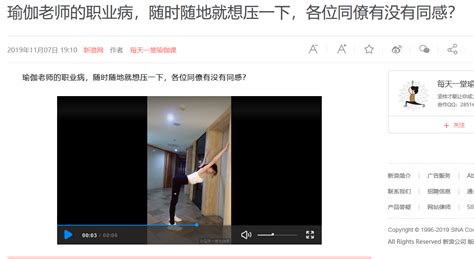Title: Understanding Medical Translation
Medical translation is a specialized field that requires precision, expertise, and cultural sensitivity. Translating medical documents accurately is crucial for ensuring effective communication between healthcare professionals and patients, as well as for maintaining the integrity of medical research and documentation. Let's delve into the intricacies of medical translation and explore some key considerations and best practices.
1. Importance of Accuracy:
In medical translation, accuracy is paramount. Any mistranslation or ambiguity could have serious consequences, potentially leading to misdiagnosis, incorrect treatment, or compromised patient safety. Therefore, medical translators must possess not only linguistic proficiency but also a deep understanding of medical terminology, procedures, and concepts.
2. Specialized Vocabulary:
Medical terminology can be highly complex and varies across languages and healthcare systems. Translators must be wellversed in both the source and target languages' medical terminology to accurately convey medical information. This includes knowledge of anatomical terms, pharmaceutical names, disease classifications, and procedural terminology.
3. Cultural Sensitivity:
Cultural nuances play a significant role in medical communication. Translators must consider cultural differences in attitudes towards health, treatment preferences, and communication styles. Adhering to cultural norms helps ensure that translated materials resonate with the target audience and facilitate better understanding and trust between healthcare providers and patients.
4. Regulatory Compliance:
Medical translation often involves regulatory documents, such as patient consent forms, clinical trial protocols, and product labeling. Translators must adhere to regulatory requirements specific to the target region or country. Compliance with standards such as Good Clinical Practice (GCP) and the International Conference on Harmonisation (ICH) guidelines is essential to meet regulatory expectations.
5. Confidentiality and Privacy:
Medical documents contain sensitive and confidential information about patients' health conditions and treatment plans. Translators must adhere to strict confidentiality protocols and respect patient privacy. Compliance with data protection laws, such as the Health Insurance Portability and Accountability Act (HIPAA) in the United States, is crucial to safeguard patient information.
6. Quality Assurance Processes:
Quality assurance is integral to medical translation to ensure accuracy and consistency. Translations undergo rigorous review processes, including proofreading, editing, and validation by subject matter experts or medical professionals. Utilizing translation memory tools and terminology databases helps maintain consistency across documents and translations.
7. Continuous Professional Development:

Medical translation is a dynamic field, with advancements in medical science and technology constantly evolving. Translators must engage in continuous professional development to stay updated on the latest medical advancements, terminology, and regulatory changes. Participation in training programs, workshops, and professional associations enhances translators' skills and knowledge.
8. Collaboration with Subject Matter Experts:
Collaboration between translators and subject matter experts (SMEs), such as physicians, pharmacists, and medical researchers, is essential for accurate translation. SMEs provide valuable insights into the context, meaning, and nuances of medical content, ensuring translations align with medical standards and practices.
Conclusion:
Medical translation is a specialized discipline that requires linguistic proficiency, subject matter expertise, and cultural sensitivity. Accurate translation of medical documents is essential for effective communication in healthcare settings, ensuring patient safety, regulatory compliance, and maintaining the integrity of medical information. By adhering to best practices and continuous professional development, medical translators play a vital role in facilitating global healthcare communication.












评论